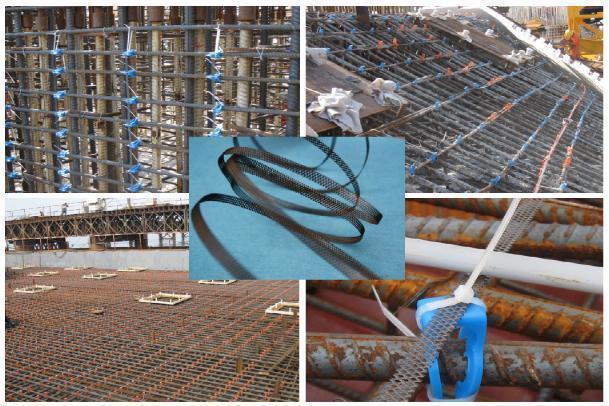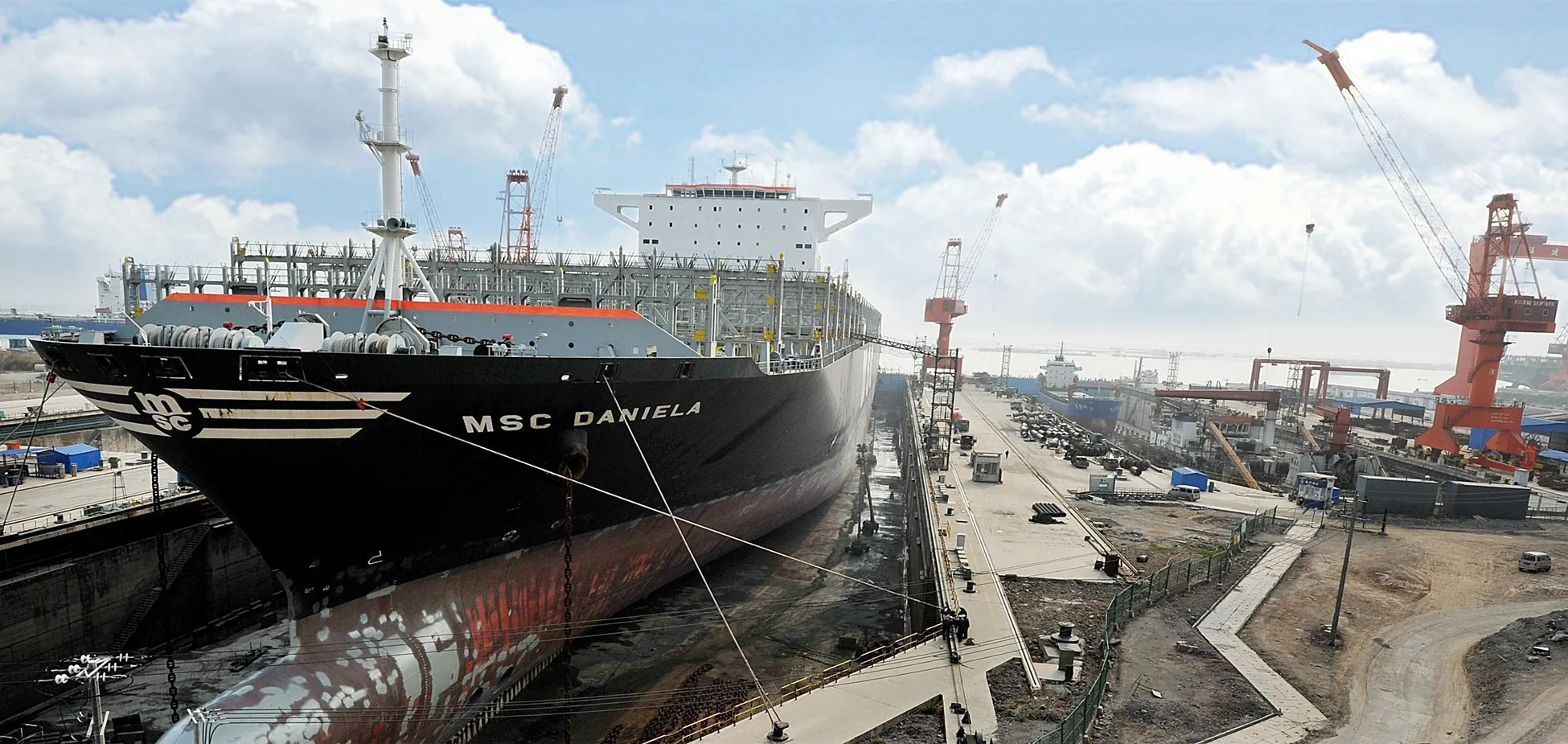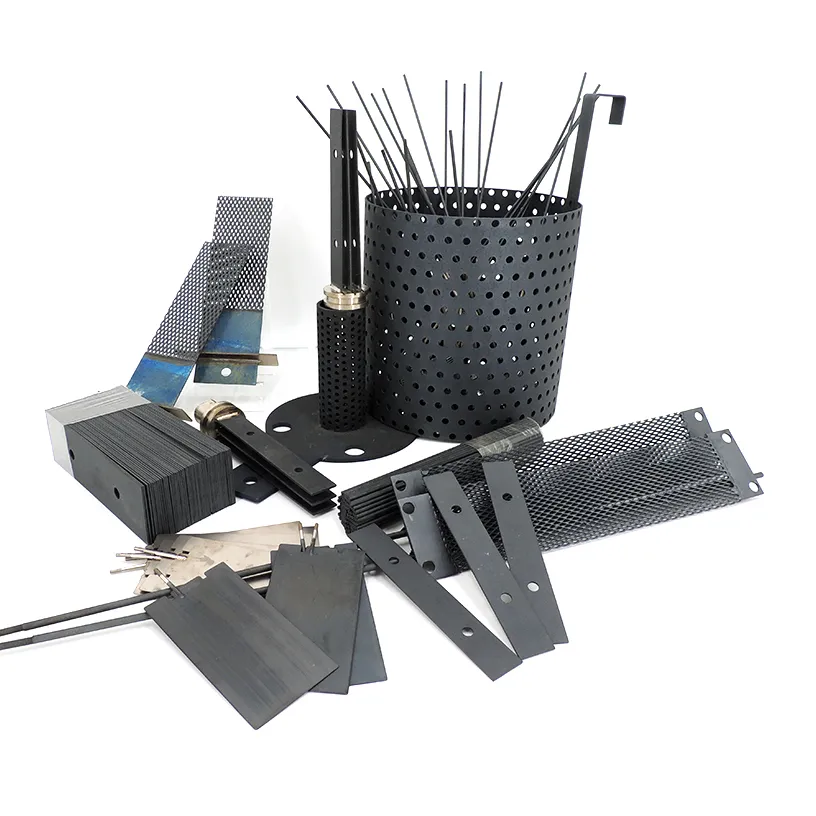Protecting valuable metallic assets from the persistent threat of corrosion is a concern that resonates deeply with industries worldwide. Impressed Current Cathodic Protection (ICCP) has long stood as a beacon of hope in this battle. Central to this system’s efficacy are the anodes. However, even in such a cutting-edge system, mistakes can be made. For our esteemed clientele who deal with ICCP Anodes, this guide highlights six often-overlooked pitfalls and how to navigate them proficiently.
1. Incorrect Anode Sizing
The Mistake: Underestimating or overestimating the size of the anodes needed can compromise the system’s protective capacity. Incorrect sizing may lead to inadequate protection or wastage of resources.
Table of Contents
The Solution: Undertake precise calculations and thorough assessments. Ensure the anodes are sized to match the current output essential for the complete protection of the structure. Regularly re-evaluate the sizing needs as the structure ages or conditions change.
2. Inappropriate Anode Material
The Mistake: Using anodes with chemical compositions unsuited for the environment can reduce their efficiency and lifespan. The wrong material can also accelerate corrosion rather than prevent it.
The Solution: Understand the specific environmental conditions of your application and select anodes accordingly. Materials like Mixed Metal Oxide (MMO) or platinum-coated titanium are often versatile, but always consult with a specialist to make the best choice.
3. Improper Anode Placement
The Mistake: Haphazard or incorrect placement of anodes can lead to uneven distribution of the protective current, leaving some areas vulnerable.
The Solution: Anodes should be placed strategically to ensure optimal current distribution. Collaborate with ICCP specialists to determine the best locations based on the structure’s geometry and surrounding environment.
4. Ignoring Compatibility Issues
The Mistake: Using incompatible materials in the ICCP system can instigate galvanic corrosion or render the system inefficient. For instance, certain anode materials might react adversely with the metallic structure they’re meant to protect.
The Solution: Ensure a holistic compatibility check for all components in the ICCP system. Regularly update your knowledge on material advancements to prevent inadvertent mismatches.
5. Neglecting Regular Maintenance
The Mistake: Overlooking wear and tear can lead to system inefficiencies. Anodes degrade over time, and without regular checks, their performance can diminish, compromising protection.
The Solution: Design and adhere to a rigorous maintenance and inspection schedule. Regularly assess the anode’s potential output, structural integrity, and connection quality to ensure they’re in prime condition.
6. Overlooking Professional Expertise
The Mistake: Bypassing expert consultation or guidance can lead to avoidable errors in system design, installation, or maintenance. Without specialized knowledge, even well-intended efforts can go awry.
The Solution: Engage with ICCP professionals at every stage. Their insights, drawn from extensive experience, can preempt issues, optimize system performance, and extend the lifespan of your assets.
In Conclusion
Maximizing the benefits of ICCP hinges on attention to detail, especially concerning anode application and maintenance. By being vigilant against these mistakes and leveraging expert guidance, you not only ensure the longevity of your assets but also underscore your commitment to excellence in the industry. With the right approach, your ICCP system will be a testament to precision, efficiency, and unmatched expertise.




